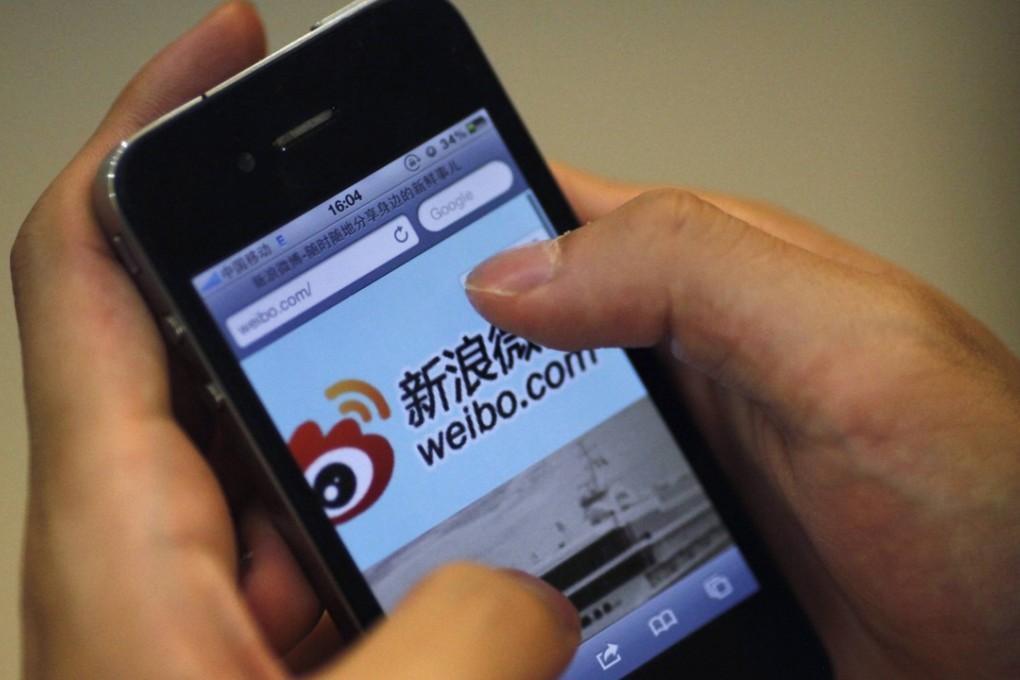Here’s what happens with your data when you use a Chinese messaging app
Chinese social-media and messaging apps are required by law to retain records of conversation content for checks by authorities if required.

Verbal sparring between two Chinese billionaires over data privacy has shone a rare spotlight onto a topic in China that has also dogged global social media companies from Facebook to Twitter: who owns the content generated by the users and how to handle it.
After Geely Holding chairman Li Shufu this week called out Tencent Holdings chairman and fellow billionaire Pony Ma Huateng for “looking at our WeChats every day, because he can”, the Shenzhen-based social-media giant posted a response that said it does not keep chat histories nor does the company analyse WeChat data for commercial use.
China’s Cybersecurity Law, introduced in June last year, requires network operators to store select data on servers within the country, monitor and record network operations, and maintain related logs for not fewer than six months.
As messaging platform operators, Tencent’s WeChat and Sina Corp’s Weibo are also required to warn users against breaking relevant laws, restrict the publication of posts, suspend or close down accounts while preserving related records for the authorities, according to a policy statement posted on the website of regulator the Ministry of Industry and Information Technology.